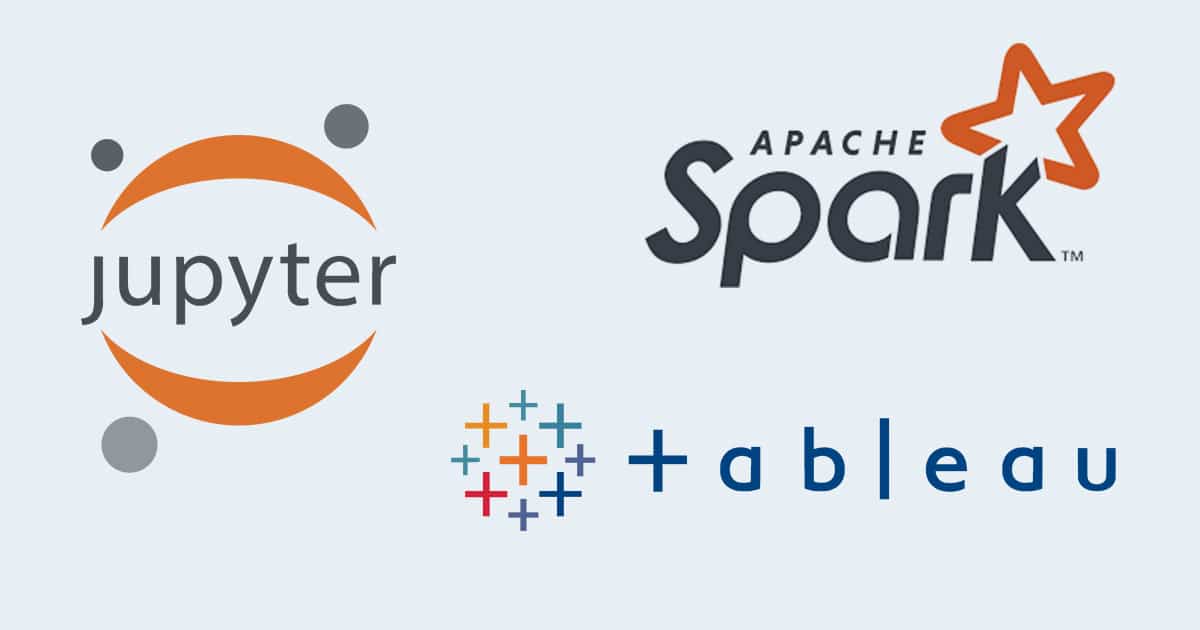Learn why taking a data analysis course online can give you the skills to advance your career, make data-driven decisions, and solve complex problems.

There are many reasons, both financial and non-financial ones, why doing an online data analytics courses may be more than worthwhile. Fundamentally, you would be investing in developing skills which have high and rising value.
Analytical skills are in demand to make sense of the vast amounts of data being generated. The abilities gained by learning analytics are useful not only as a data analyst but also for business intelligence, market research, decision-making, and more. Here's why data analysis courses are worth it.
Benefits from Learning Data Analytics
1. Qualify for more jobs
When you do a data analytics course, especially an extended program such as a master's degree, you gain a large set of skills that allow you to compete for many more analytical jobs.
Employers look for job candidates who are fast learners, have broad professional knowledge, and can do the specific tasks required of them. You can overcome a lack of work experience in a particular area by pointing to relevant projects and training completed through online learning.
In the case of a Master of Analytics or similar degree, students gain: (a) a solid grounding in key competencies of data analysts; (b) training in languages and tools that professionals use; and (c) the opportunity to complete a capstone project in a particular area of interest. The qualification strengthens you as a job candidate, complementing any other relevant experience and training you possess.
Related: Qualifications to be a Data Analyst in Australia
2. Boost your salary potential
By learning data analytics, you position yourself to qualify for jobs that pay well. The average salaries for different jobs where data analysis skills are important range from good to high. On average, a data analyst earns $94k in Australia while business analysts make $106k.
Table 1. Average salaries for jobs that rely on data analytics
| Job | Average Salary | Observations |
|---|---|---|
| Data Engineer | $132,199 | 641 |
| Data Scientist | $118,894 | 353 |
| Business Analyst | $106,244 | 1.7k |
| Data Analyst | $93,767 | 1k |
| Analyst | $83,385 | 1.4k |
Source: au.indeed.com. Updated: 28 April 2023.
The more training, the better the job opportunities. Greater skills increase your competitiveness in the job market while also boosting your chances of being promoted. Advanced data skills put you in line for lucrative careers such as data engineer and data scientist.
3. For the enjoyment of solving problems
In a world full of uncertainty, data analytics offers a way to make sense of the chaos and uncover meaningful insights. The process of gathering, cleaning, analysing, and interpreting data can be both challenging and rewarding. It requires problem-solving skills and attention to detail.
The ability to discover patterns and trends in data can lead to useful insights that inform decision-making, drive innovation, and create value. The satisfaction of using data to answer questions, solve problems, and make a difference is what makes data analytics enjoyable to learn and do.
Related: How to Use Business Analytics for Decision Making
4. Comprehensive, structured learning
An online course can help you start on the right foot and progress through your data analytics journey with confidence. It is not easy to learn data analytics on your own, which is why an accredited program can be worth your time and money.
A good data analytics course should cover topics such as statistical models, working with big data, data mining, machine learning, and software tools for data visualisation. A structured learning environment with clear objectives and deliverables can help you develop your skills while being guided by the wisdom of your instructors.
Completing capstone projects and assignments also helps you apply your skills and build confidence in completing real-world tasks.
5. Access to professional resources
In the field of big data analytics, access to technology, software and resources is crucial. Many courses offer access to professional tools that students may not have when studying on their own.
Keep up-to-date with the latest methods and gain hands-on experience without effort. Educational materials, industry news, and research papers are some examples of the resources that students gain access to. Instructors often provide lists of resources, such as technical documentation, articles, and books, which can be useful for future reference.
Choose a Data Analyst Course
Australian universities offer a range of postgraduate courses online to improve your analytical skills. Graduate certificates are a good starting point as they usually consist of just four subjects, are relatively easy to be accepted into, and provide pathways to graduate diplomas and master's degrees.















